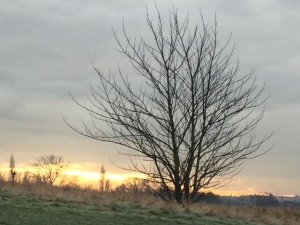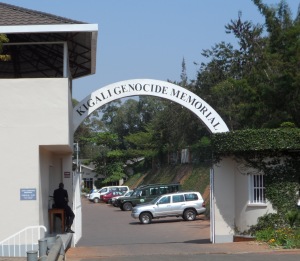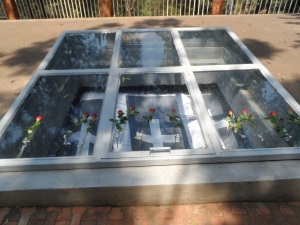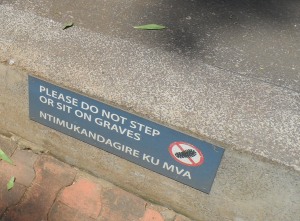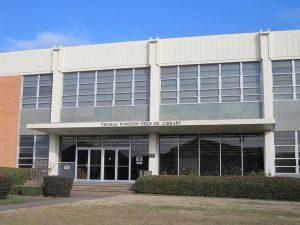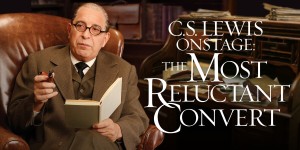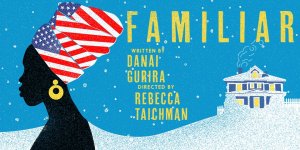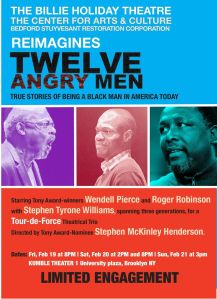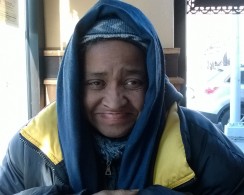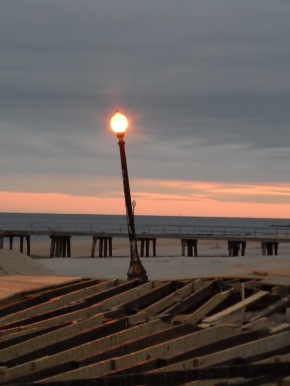Anticipating the transfer of power about to occur in the US, I tuned into events there these last 10 days or so more than I usually do, now that I live in London. While I, like many, was grieving the loss of the Obamas before they even left the White House, one thing that really struck me was the myriad of ways they found to say goodbye. Regardless of your political views and whether or not you are/were a fan of Barack or Michelle, it was a window into strong leadership and what it looks like to finish well.
Here are just a few honorable mentions:
-Returning to where it all began in Chicago for one final speech where Obama thanked his supporters, his staff, his wife and daughters, and his #2, Joe Biden, making it OK for many there and those us of us watching at home, to let the tears fall.
-Receiving the Chicago Cubs in the White House as his last public event on none other than Dr. Martin Luther King, Jr Day, prior to volunteering for the last time as President.
-The final razzle dazzle party at the White House with a spread of celebrities
-Obama’s final press conference
-Awarding Joe Biden with the Medal of Freedom in a meeting in which Biden had no idea this honor was coming. And thanking him profusely and in so many different ways as he gave that gift that Biden broke down and wept openly.
-The party he hosted in his private residence for 30 of his closest aides on the eve of the Inauguration
-The final goodbye with 300 staffers with tears and hugs all around at Andrews Air Force base after Trump had been sworn in
Not to talk of the final TV interviews, the last interviews for the press, Michelle’s final public appearance, the article in the Harvard Law Review describing the need for criminal justice reform, commuting the sentences of 300 people (over 1700 during his presidency), and all the private goodbyes to the White House staff as well. And then there were all the ‘Thank you’ tweets, now archived under @POTUS44 & @FLOTUS44. (Pretty incredible; check them out!)
Probably as much for them as for all of us who are sad to see them move on, the Obamas created many, many, many opportunities to express their appreciation to the American people, to those who worked alongside them, and to show their gratitude for the extraordinary privilege it was to serve the US for the past 8 years.
They’ve made saying goodbye a little easier, a little better, and a lot healthier.
For those of us in any positions of leadership or influence, or even when we are making far smaller transitions in our own lives, we might do well to consider the value of the long goodbye and the gift of finishing well.
